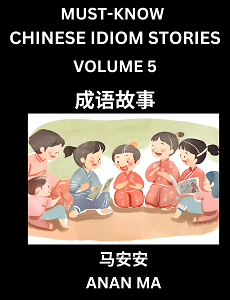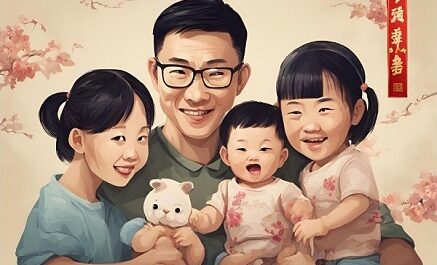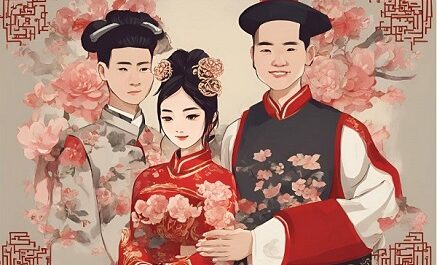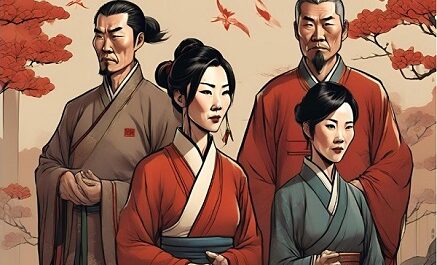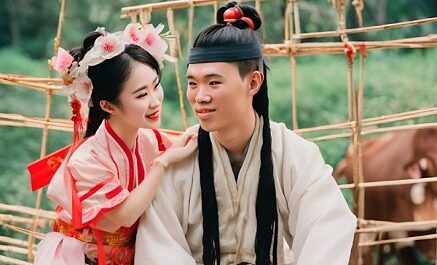Learn Chinese Idiom with Pinyin and English
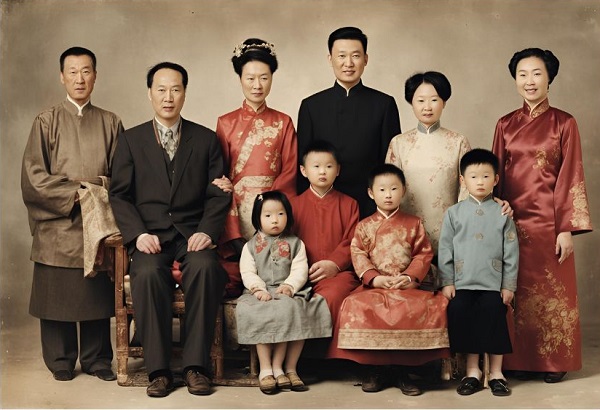
- Idiom in Chinese-儿女亲家。
- Pinyin of Idiom– ér nǚ qīn jiā.
- Idiom’s Meaning in English-“Er Nv Qin Jia” is a Chinese idiom that refers to the relationship between two families that are connected through marriage between their children. This idiom is often used to describe the close bond that can develop between two families after their children marry each other.
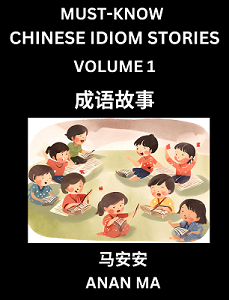
Chinese Idiom Stories Books (HSK All Levels):
- Books to Learn Chinese Idiom Stories (Part 1)
- Books to Learn Chinese Idiom Stories (Part 2)
- Books to Learn Chinese Idiom Stories (Part 3)
Learn Chinese Idiom Story in English (成语故事的英文)
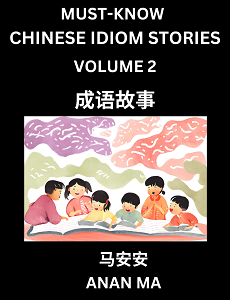
In ancient times, there were two families whose children fell in love and decided to get married. As a result, the two families became “er nv qin jia” – relatives by marriage through their children. Their relationship became very close, and they helped each other, shared joys and sorrows, and developed deep affection. On every festive occasion, the two families would gather together to share the happiness of family life.
Learn Idiom Story in Chinese (成语故事)
古时候,有两家人的子女相爱并决定结婚。这两家人因此成为了儿女亲家,关系十分亲密。他们互相帮助,共同分享喜怒哀乐,形成了深厚的感情。每逢佳节,两家都会欢聚一堂,共享天伦之乐。
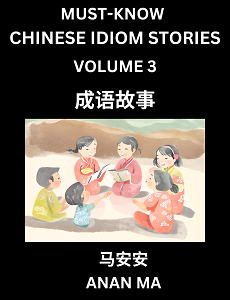
Learn Keywords with English, Simplified Chinese Characters, and Pinyin (关键词)
- 古时候- gǔ shí hòu- in ancient times,
- 相爱-xiāng ài- love each other; in love with each other,
- 决定- jué dìng- decision,
- 结婚- jié hūn- marry,
- 亲密- qīn mì- close; intimate,
- 帮助- bāng zhù-to help,
- 佳节- jiā jié- Festival,
- 欢聚- huān jù- happy reunion,
- 天伦之乐- tiān lún zhī lè- the happiness of a family union.
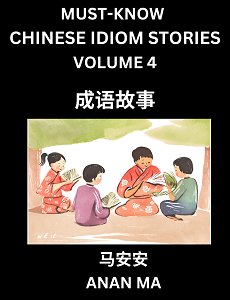
Pinyin of Idiom Story (故事的拼音)
Gǔ shíhòu, yǒu liǎng jiārén de zǐnǚ xiāng’ài bìng juédìng jiéhūn. Zhè liǎng jiārén yīncǐ chéng wéi liǎo er nǚ qìngjiā, guānxì shífēn qīnmì. Tāmen hùxiāng bāngzhù, gòngtóng fēnxiǎng xǐ nù āiyuè, xíngchéngle shēnhòu de gǎnqíng. Měi féng jiājié, liǎng jiā dūhuì huānjù yītáng, gòngxiǎng tiānlún zhī lè.
